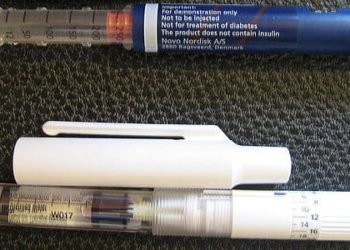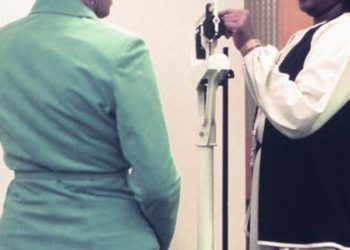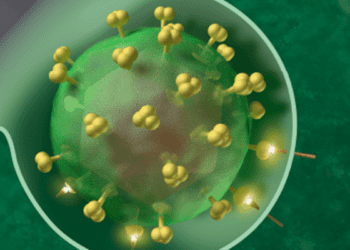Pressure-mediated biofeedback with pelvic floor muscle training for urinary incontinence
1. In this randomized clinical trial comparing the use of pelvic floor muscle training (PFMT) alone to PFMT with a biofeedback (BF) device, the use of PFMT with BF was superior in reducing stress urinary incontinence (SUI) in postpartum women.
Evidence Rating Level: 1 (Excellent)
Stress urinary incontinence (SUI) is a pelvic floor dysfunction disorder that has negative impacts on physical and mental health and thus quality of life. Many women experience SUI throughout their life, with the majority experiencing it for the first time during pregnancy or post-partum. The current first-line treatment recommendation for SUI is supervised pelvic floor muscle training (PFMT) for at least 3 months. However, physicians have wondered if there is an adjunct treatment that may provide additional benefits. So far, no method has gained acceptance. Thus, the goal of this study was to compare PFMT alone compared to PFMT with a home-based pressure-mediated biofeedback (BF) device, based on rates of improvement, PFM strength, and quality of life. Eligibility criteria included being aged 18 years or older, and clinically diagnosed with new-onset SUI in the 12 weeks post-delivery. Once deemed eligible, participants were randomized in a ratio of 1:1 to receive either PFMT with a home-based pressure-mediated BF device (intervention group), or PFMT alone (control group). To assess the primary outcome, urinary incontinence, the Chinese version of the International Consultation on Incontinence Questionnaire-Urinary Incontinence Short Form (ICIQ-UI SF) was used. A total of 452 participants (median age, 34 [IQR, 31-36] years; median time since delivery, 50 [IQR, 43-61] days) were split into the intervention group (n=223) and the control group (n=229). Compared to the scores at baseline, the ICIQ-UI SF score (representing severity) was significantly higher in the intervention group compared to the control group (3.00 [IQR, 1.00-6.00] vs 2.00 [IQR 0-4.00] points; z=-3.05; P=.002). Upon further comparison, the intervention group had a greater number of participants cured (45 of 223 [20.2%] vs 20 of 229 [8.7%]; z=12.02; P=.001) or improved (132 of 223 [59.2%] vs 102 of 229 [44.5%]; z=9.71; P=.002) than the control group. Both groups experience an increase in quality of life compared to baseline levels, but there was no significant difference between the groups. Overall, the results of this study show that PFMT and BF use was superior to PFMT alone in reducing SUI severity, and rates of cure in postpartum women.
Click to read the study in JAMA Network Open
Image: PD
©2024 2 Minute Medicine, Inc. All rights reserved. No works may be reproduced without expressed written consent from 2 Minute Medicine, Inc. Inquire about licensing here. No article should be construed as medical advice and is not intended as such by the authors or by 2 Minute Medicine, Inc.









